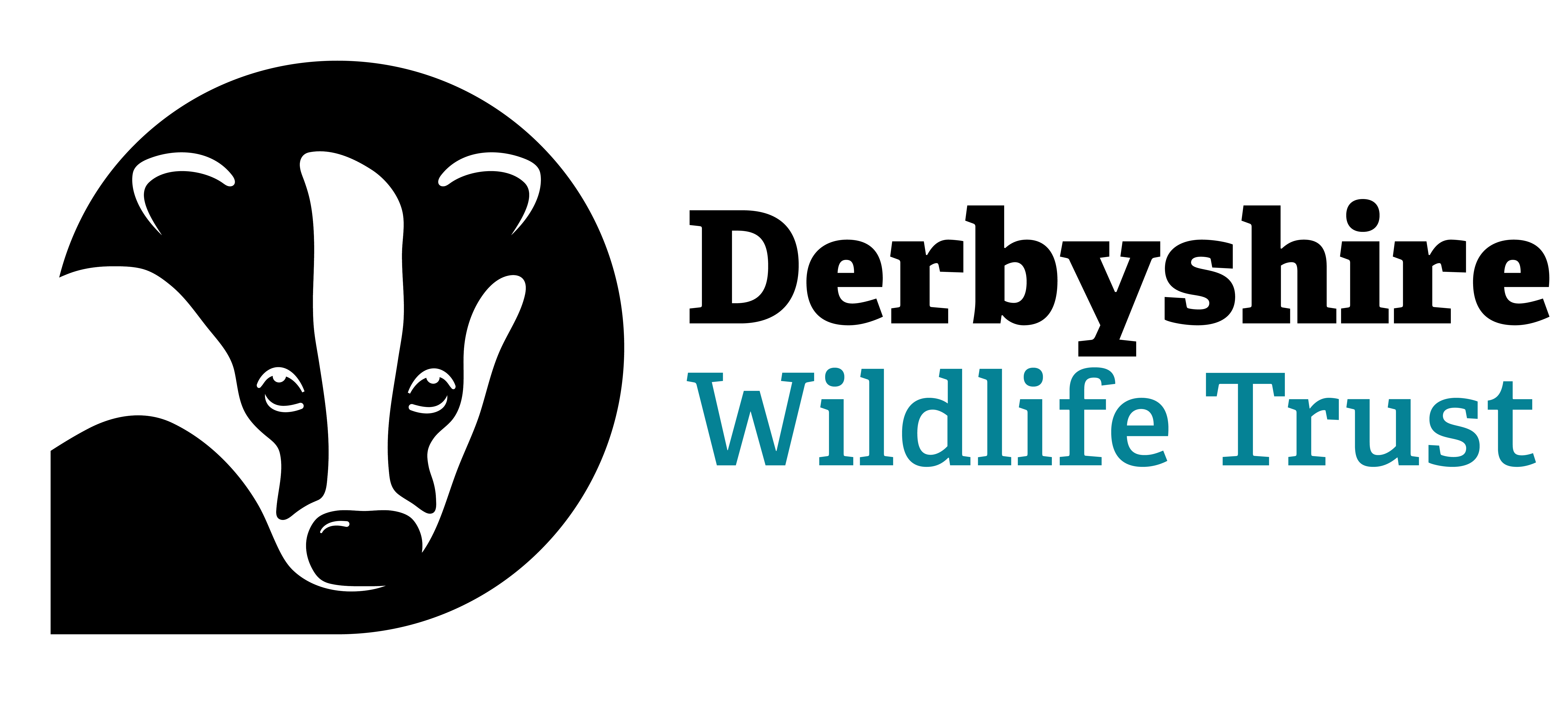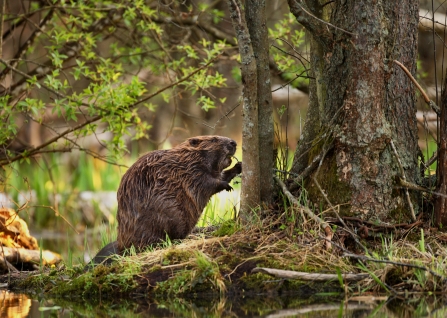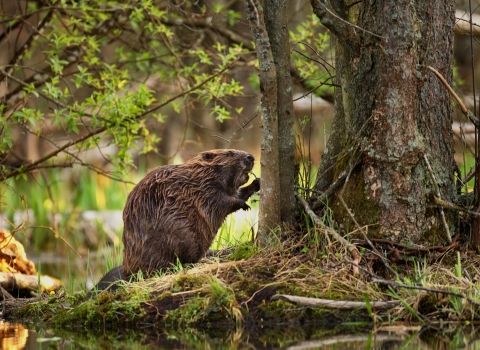The Wildlife Trusts are releasing a record number of beavers in 2021 – twenty years after bringing the first ever beavers back to Britain.
Around 20 beavers will be released this year including to a project in Wales. The first of the year’s releases took place in Dorset this week.
Plans developed by Wildlife Trusts of Dorset, Derbyshire, Hampshire and the Isle of Wight, Nottinghamshire and Montgomeryshire will see new beaver families moving into these counties for the first time. The Wildlife Trusts have been at the forefront of beaver reintroduction and projects in Britain ever since Kent Wildlife Trust released the first pair into a fenced area of fenland in 2001, followed by the Scottish Beaver Trial in 2009.
These industrious herbivores are native to mainland Britain but were hunted to extinction in the 16th century by people who wanted their fur, meat and scent glands. The loss of beavers led to the loss of the mosaic of lakes, meres, mires, tarns and boggy places that they were instrumental in creating. Their ability to restore and maintain important wetland habitats is why reintroducing this species is so important.
Craig Bennett, chief executive of The Wildlife Trusts says:
“Beavers are a fantastic keystone species that have a hugely important role to play in restoring nature to Britain. It’s brilliant to see Wildlife Trusts across the UK ensuring a better future for wetlands and for a wealth of other wildlife by bringing back beavers whose engineering capabilities inject new life into wild places. The benefits for people are clear – beavers help stop flooding downstream, filter out impurities and they create new homes for otters, water voles and kingfishers. What’s more, people love seeing them and their presence boosts tourism in the countryside.
“We live in one of the most nature-depleted countries in the world which is why we have a big ambition to protect 30% of land and sea for nature by 2030. We’re calling on the government to come up with an ambitious strategy to enable beavers to return to help tackle the climate crisis and improve wetlands for wildlife.”




